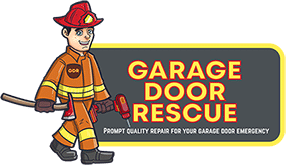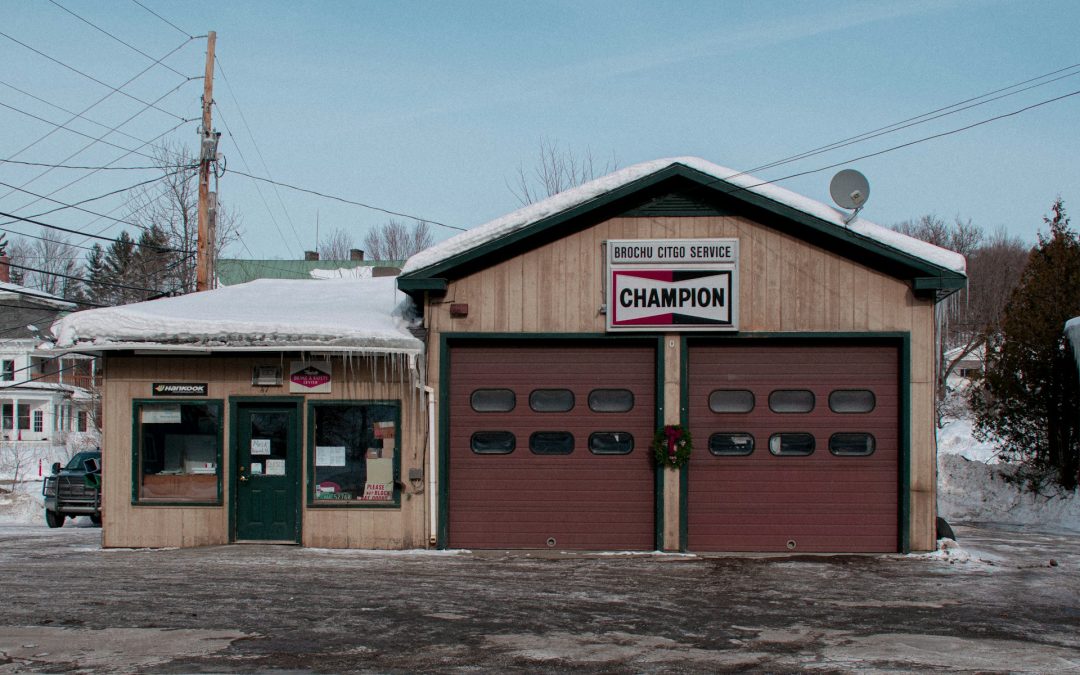Commercial doors play a big part in how smoothly a business runs. They help with security, manage the flow of people or goods, and affect energy use when temperatures shift between seasons. When these doors stop working like they should, they can quickly cause delays and stress. That’s why paying attention to warning signs makes a big difference.
Fall in Fort Worth often brings more foot traffic and deliveries as businesses prep for cooler weather and the end-of-year rush. If your commercial doors aren’t working right, it can become a bigger problem than just a noisy hinge. Ignoring the early signs of wear might lead to needing a full replacement or slowing down your operations at the worst time. Here’s how to spot problems early and keep your doors working the way they should.
Unusual Noises That Raise Red Flags
Hearing strange sounds from your commercial door isn’t just annoying — it’s usually a sign that something’s off. Certain sounds can tell you what might be going wrong, and catching them early might keep things from getting worse.
Here are some noises to keep ears out for:
– Squeaking or squealing: This could be a sign your rollers, hinges, or tracks are worn down or lack lubrication.
– Grinding: Often points to rusted metal, debris in the tracks, or parts scraping against each other.
– Banging or rattling: May suggest loose hardware or an issue with the door’s alignment.
– Clicking or buzzing: Could be a sign something’s wrong in the motor or electrical system.
One business owner in Fort Worth thought the squeak they heard wasn’t a big deal. Within two weeks, what started as a minor sound turned into the door sticking halfway open, and they had to halt deliveries for a day. The issue? The rollers had worn out and warped the track.
Noises like these rarely fix themselves. Mechanical parts wear over time, especially when opening and closing a commercial door multiple times a day. Small repairs are easier to handle than a major door replacement. If your door is making any of these sounds, it’s likely time for a professional inspection.
Difficulty in Opening or Closing
Another big sign of trouble is when your commercial door no longer opens or closes as smoothly as it used to. A door that lags, jerks, or gets stuck can slow down workflow or leave your building open when it should be secure.
Common causes include:
– Worn or broken springs
– Misaligned tracks or rollers
– Stretched or slack cables
– A failing motor or opener system
Fort Worth may not get extreme cold, but sudden seasonal changes can still affect your doors. Quick shifts in temperature and humidity can cause metal parts to expand or shrink. When doors go off track because of that, you might start noticing hitches when opening or closing.
Sometimes, you’ll need to apply more force than usual to move the door. Other times, the door might not close all the way, which can cause security concerns or energy loss. The problem usually creeps up slowly, so it’s easy to ignore until it becomes a major headache.
Fixing a misalignment early on is far simpler and cheaper than waiting until you need to replace a damaged motor or redo the frame. Smooth, easy motion means your door is working the way it should. If that changes, it’s time to take a closer look.
Visible Damage
Unlike movement issues or strange sounds, visible damage is more likely to get noticed easily. But seeing the problem and acting on it are two different things. Businesses sometimes overlook small dents or rust, not realizing they could signal bigger problems ahead.
Here are some types of damage to look out for:
– Dents or warping: Often caused by forklifts, delivery carts, or other equipment. They can affect how the door opens or closes.
– Rust or corrosion: A sign of prolonged exposure to moisture that could weaken metal components.
– Cracks or splintering: Common in fibreglass or wood doors, these can impact insulation and security.
– Peeling paint or finish: Could point to underlying moisture issues, especially if it’s recurring in the same spot.
Each type of issue affects a different part of the door’s function. For example, rust doesn’t just stay on the surface. If left untreated, it can eat into hinges, rollers, or even the frame. That kind of damage may not be obvious at first, but it adds up fast.
One facility manager in Dallas saw light rust forming but figured it wasn’t worth the cost of repair just yet. Months later, the corrosion had spread, weakening the doorframe until it bent and needed full replacement. A quick visual check once in a while can save your business from setbacks like that.
Safety Concerns
A broken commercial door isn’t just a hassle — it can be dangerous. Between fast-moving doors and powerful parts like springs or motors, things can go from inconvenient to harmful in no time.
These are some safety issues you should never ignore:
– Inconsistent movement: A door that shuts too quickly or lurches without warning could hurt someone or damage nearby items.
– Faulty sensors: If door sensors aren’t working right, they won’t detect people, equipment, or other obstructions. That’s a big problem for workplace safety.
Making sure your commercial door operates properly means fewer chances for injuries or accidents. You don’t want customers or employees walking near a door that might come down faster than expected or jam halfway.
There was a store in Fort Worth where the safety sensor failed without anyone realizing. One busy afternoon, the door tried to close while customers were walking through. Thankfully, no one got hurt, but it led to emergency repairs and a lot of avoidable stress for the business.
If any part of your door’s safety system isn’t working, get it checked right away. Keeping doors safe to use is just as important as keeping them functional and secure.
How to Keep Things Running Smoothly
Noticing door trouble early lets you stay ahead of bigger problems. From strange noises to sticky movement or obvious wear and tear, these warning signs are your system’s way of asking for help.
Addressing the issue before it grows keeps your business moving without interruptions. When staff aren’t worrying about the door sticking or slamming shut, they can focus on doing their jobs. And that makes your whole operation smoother.
The safety side matters too. Faulty doors put people and property at risk. Repairs may seem like a hassle in the short term, but they protect your team and your bottom line in the long run.
It all comes down to staying alert. Small inspections, quick tests of motion, and checking for damage can all help. Once something seems off, don’t wait for it to get worse. Bring in a qualified technician who knows what to look for and how to fix it right.
A healthy door system means safer spaces and better efficiency. And in cities like Fort Worth and Dallas, where business is steady year-round, every little thing helps operations run on time. Staying ahead of problems means you’re never caught off guard.
Regular maintenance and timely fixes are key to keeping your commercial doors working like they should. If you’re starting to notice small issues or want to stop bigger ones from happening, take a look at our commercial door repair services. At Garage Door Rescue, we’re here to help you keep your business running safely and smoothly. Reach out today to get the support you need.

